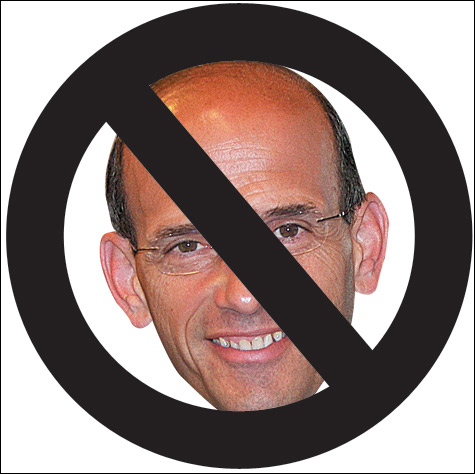 |
Let’s talk about raising taxes
“The word ‘revenue’ hasn’t been used once in two days” of testimony, observed Representative Leila Percy, a Phippsburg Democrat, at a mid-January Appropriations Committee session. Her committee — Agriculture, Conservation, and Forestry — had been meeting with Appropriations to consider cuts to the Conservation Department. She made her observation to a forestry-industry representative who was protesting Baldacci’s proposed reductions in state services the industry uses (reductions later reversed by the governor). “Are you willing to be part of that conversation?” Percy asked Patrick Strauch, director of the Maine Forest Products Council. She meant: Are you willing to talk about tax hikes? Percy had caught him in an ironic position: arguing for state spending to benefit his industry, though his industry is always in the front line of corporate interests that year after year knock down any change to the tax structure that might produce more revenue. After a pause, Strauch replied grimly: “Sure.” The Appropriations Committee room resounded with laughter. |
Most Democrats see Barack Obama’s inauguration as a clear-cut, welcome turn to the left. For close to 30 years, since Ronald Reagan’s inauguration, liberals have been on the defensive. No more. And responding to the deepening recession with a new New Deal has them almost salivating. We’ll not only fix the recession, they imagine, we’ll fix America.But for Maine’s State House Democrats, “There hasn’t been a turning moment” yet, says Christopher “Kit” St. John, director of the Maine Center for Economic Policy (MECEP), a liberal think tank in Augusta. Although Democrats have controlled both the governorship and the Maine Legislature for going on seven years, St. John has spent those years beating his head against the State House granite as he argued for progressive tax and spending policies.
To be sure, on social issues Democratic officeholders have remained relatively liberal; for example, they passed a gay-rights law. And Democratic activists have stayed economically liberal; for example, the 2008 Democratic state convention expressed support for “single-payer” (government) universal health insurance.
But the Democrats elected to the Legislature have expanded big-business tax breaks, voted to cut taxes on millionaires, and — repeatedly — slashed government programs. On these economic issues their leader is Governor John Baldacci, whom Colby College political scientist Sandy Maisel calls “a fairly conservative Democrat.”
That may be putting it mildly, to look at the company he keeps: MECEP’s counterpart think tank, Portland’s right-wing Maine Heritage Policy Center, recently issued a press release praising Baldacci’s approach to the current huge, recession-enhanced state budget shortfall: Once again he wants to deeply slash spending for state services without increasing taxes. Similarly, the president of the Maine State Chamber of Commerce, Dana Connors, commends the governor’s program-cutting.
Baldacci just carved over $100 million from this fiscal year’s budget, with the Legislature’s agreement, and he wants to cut hundreds of millions of dollars a year more from state programs over the next two years. All these cuts would have a huge negative impact on education, corrections, and human services. The latter mean services for sick, poor, elderly, mentally ill, and developmentally disabled human beings.